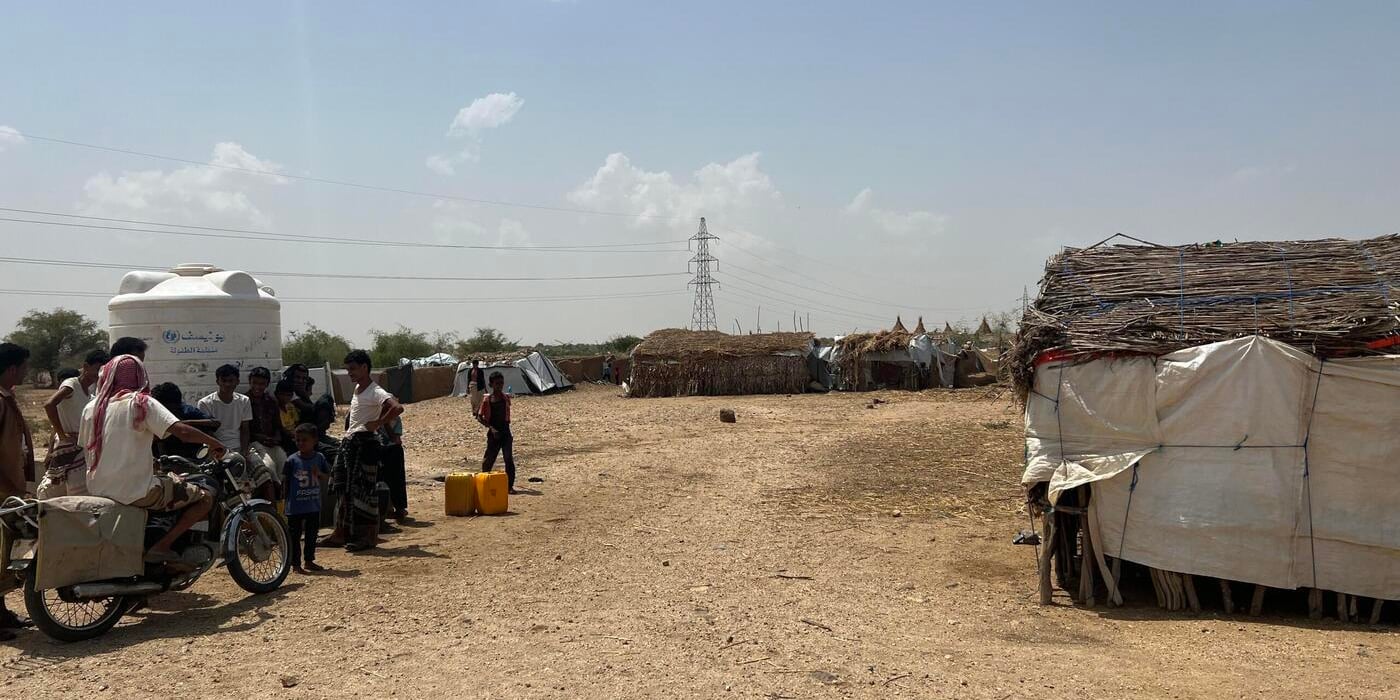
When the Norwegian Refugee Council (NRC) intervened in Al-Mishqafa camp in Lahj, southern Yemen, our team realised just how many camp residents lacked civil documentation.
Before long, we were arranging meetings in the camp, informing its inhabitants about the importance of civil documentation.
Why civil documentation is important
Birth certificates open up a world of health care. They give children access to medical treatment and the vaccinations they need to stay healthy. Every year, millions of children die from preventable diseases before they reach the age of five. Unregistered children are often unable to gain access to health care services or pay more for those services than a registered child.
Birth certificates create a permanent record of a child’s existence. They can provide protection, guarantees children’s legal rights and give children the legal proof of their family ties, ensuring they receive what belongs to them.
If a disaster strikes and children are separated from their families, a reunion could be next to impossible without proper identification. But with birth registration, government officials can safely unite families and account for every child.

Enabling children to get an education.
Birth certificates also enable children to get an education. With a birth certificate, a child will have the necessary documentation needed to enrol in publicly funded schools. But without it, a child can be kept from participating at school.
Eight-year-old Hamza has never had a birth certificate. In the years his family have been displaced, this has prevented him from being able to register at schools. Now, his future looks brighter.
After his mother attended the Norwegian Refugee Council’s information session in the camp, she made sure Hamza and his siblings received their birth certificates. Hamza is delighted.
"I want to go to school and make new friends. I want to be a doctor in the future. I’m so happy that I finally have a birth certificate," he says.
Read also: Malka assists those fleeing the same war she escaped


